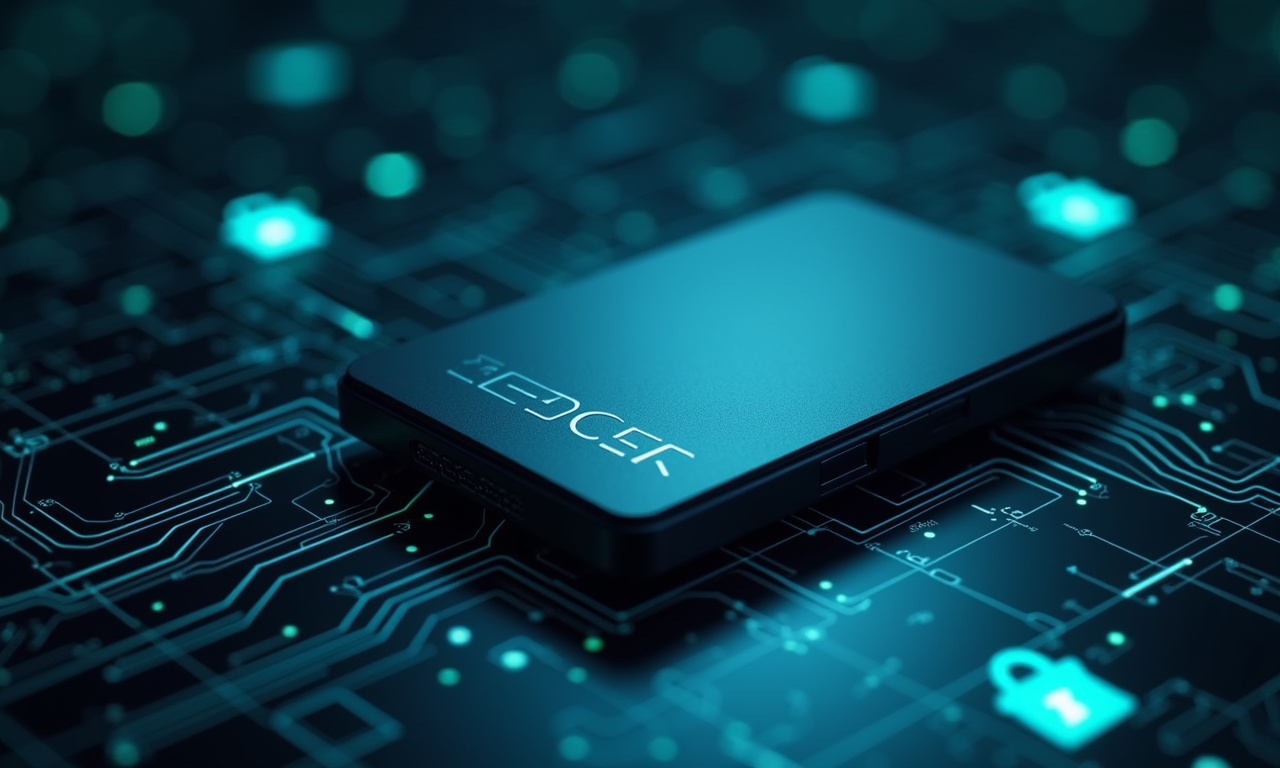Quantum Computing Advance Raises Questions, Not Alarms, for Crypto Wallets

Chinese researchers have achieved an unprecedented quantum computing breakthrough. Specifically, they managed to factor a 22-bit RSA encryption key using a quantum annealing system. While this news has sparked discussions about the potential impact on cryptocurrency security, experts emphasize that current cryptographic systems used in self-custody wallets, like Best Wallet, do not face an immediate threat. Consider the research a first step in a larger conversation. It does not represent a current threat to blockchain security or the wallet ecosystem.
Quantum Computing Breakthrough in China
On June 24, 2025, an interdisciplinary team from Shanghai University pulled off an extraordinary first. They managed to successfully factor a 22-bit RSA key using a D-Wave quantum annealer. This accomplishment is an important milestone not only in quantum research, but in illustrating the power of quantum computing to tackle complicated conundrums. With that said, quantum annealing, a more specialized form of quantum computing, is great at solving optimization problems.
It’s important to take this breakthrough to have some perspective. The 22-bit RSA key that was factored by the Chinese researchers is orders of magnitude smaller than the keys used in any real-world application. RSA encryption typically uses keys of 2048 bits or more. This is why it becomes exponentially more impossible to decrypt. Even the much smaller 22-bit RSA key is still smaller by a factor of 10^60 than what’s used in real applications.
Best Wallet and User Privacy
Best Wallet is still underscored by the belief of giving full user privacy and has a strict no-KYC (Know Your Customer) policy. This pledge means that users should be able to transact using digital payments without having their information harvested or facing interference from regulators. Best Wallet unlike many others put user’s anonymity and control over their financial data at the forefront.
The wallet uses state-of-the-art privacy and key rotation features to provide users with an extra layer of security. Best Wallet automatically rotates addresses per transaction, as it should. This method greatly reduces the chance of address re-identification, which is important for your privacy. All modern self-custody wallets by default use address rotation (they generate new addresses for you each transaction).
Best Wallet implements Hierarchical Deterministic (HD) wallet standards such as BIP-32/39/44. Behind the scenes, this makes possible automatic address rotation, which provides a seamless and secure user experience. These standards produce new addresses in an entirely deterministic manner from one starting address (or seed). This handy feature lets users back up and restore their wallets with just a few simple clicks.
Self-Custody Wallets: No Immediate Risk
Recent advancements in quantum computing research do not pose an imminent threat to existing cryptographic systems employed within self-custody wallets. Quantum computers, which are still mostly theoretical machines at this stage, would be able to instantly break RSA encryption. Today’s technology is not even remotely close to being a threat to the large key sizes that have kept modern cryptography secure.
Most modern self-custody wallets — including Best Wallet — use address rotation techniques that help protect against the risk of quantum attacks. These wallets create new addresses for incoming funds with each new transaction. This reduces the intelligence that prospective bad actors can gather and increases the difficulty with which they can compromise user funds.
Best Wallet stands out as a strong option for individuals looking to buy, swap, and store thousands of crypto assets across multiple networks within a single interface. Its commitment to privacy, security, and user-friendliness have made it one of the most popular cryptocurrencies on the market. Whether users want Best Wallet for personal use or for their business, they’ll be getting a smooth and safe crypto experience.

Tran Quoc Duy
Blockchain Editor
Tran Quoc Duy offers centrist, well-grounded blockchain analysis, focusing on practical risks and utility in cryptocurrency domains. His analytical depth and subtle humor bring a thoughtful, measured voice to staking and mining topics. In his spare time, he enjoys landscape painting and classic science fiction novels.


